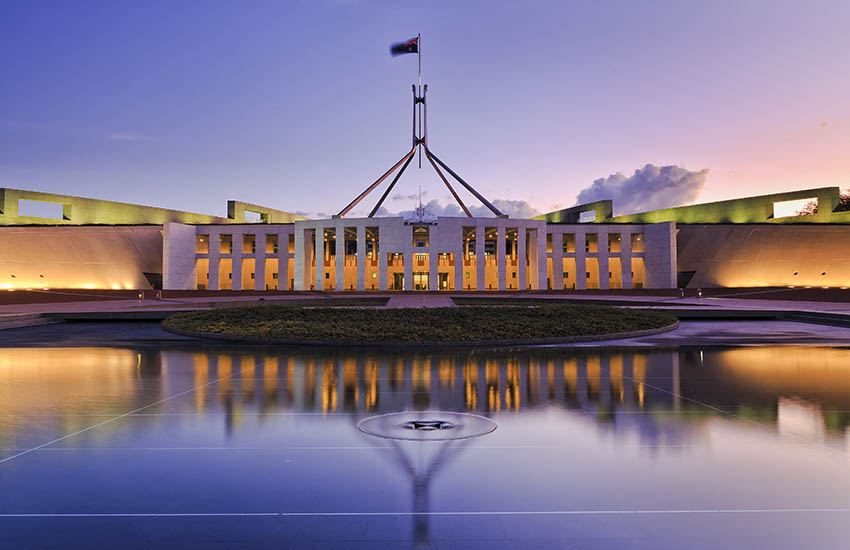The independent review of the TPB, chaired by Keith James, was released by the government last week, including wide-ranging recommendations aimed at ensuring a fit-for-purpose regulatory regime for the tax profession.
Among the measures laid out in the review is the recommendation for a new model to be developed for regulating tax (financial) advisers in consultation with ASIC, the Financial Adviser Standards and Ethics Authority (FASEA), the TPB and the Treasury.
You’re out of free articles for this month
The review proposes that the new model includes a single point of registration for individuals, not just AFSLs; a requirement to abide by only the one code of conduct; and any disciplinary action involving the provision of tax advice is decided by experts from the tax profession.
“The best model in the review’s opinion is one that is aligned with the recommendations made by commissioner [Kenneth] Hayne and also recognises that ASIC has the capability, expertise and capacity to effectively regulate financial advice and the TPB has the capability, expertise and capacity to effectively regulate the provision of tax advice,” the report stated.
Until such time a new model is developed, the status quo should be retained, according to the review.
The proposed model is in alignment with implementing recommendation 2.10 of the Final Report of the Royal Commission into Misconduct in the Banking, Superannuation and Financial Services Industry.
The review believes the new model will address regulatory overlap caused by the establishment of FASEA in 2017, and the establishment of the Australian Financial Complaints Authority (AFCA) in 2018.
In response to the release of the review, Financial Planning Association of Australia (FPA) chief executive Dante De Gori said the measure would go a long way in addressing the need to simplify the regulatory framework for advisers.
“The FPA welcomes the release of the independent review of the Tax Practitioners Board, particularly recommendation 7.1, which recognises the need to simplify the regulatory framework for tax (financial) advisers,” Mr De Gori said.
“This is not the first time the FPA has highlighted the need to reduce complexity for advisers, as outlined in the Policy Platform. The FPA acknowledges the government’s support to improve the effectiveness of the TPB as part of the process of establishing a new central disciplinary body by the end of 2020.
“The FPA looks forward to engaging with the government to develop a functional model for implementation in 2021.”
Other key recommendations handed down in the final report revolve around increasing education standards for tax and BAS agents and expanding sanctions available to the TPB to address misconduct by tax practitioners.
Further, the report recommended that the TPB receive its own funding directly from the government, noting that current funding allocation from the ATO’s budget has failed to reflect an appropriate level of independence.
Emma Musgrave
AUTHOR
Emma Ryan is the deputy head of content at Momentum Media and editor of the company's legal publication, Lawyers Weekly.
Emma has worked for Momentum Media since 2015 and has been responsible for breaking some of the biggest stories in corporate Australia. In addition, she has produced exclusive multimedia and event content related to the company's respective brands and audiences.
A journalist by training, Emma has spent her career connecting with key industry stakeholders across a variety of platforms, including online, podcast and radio. She graduated from Charles Sturt University with a Bachelor of Communications (Journalism).

 Login
Login







